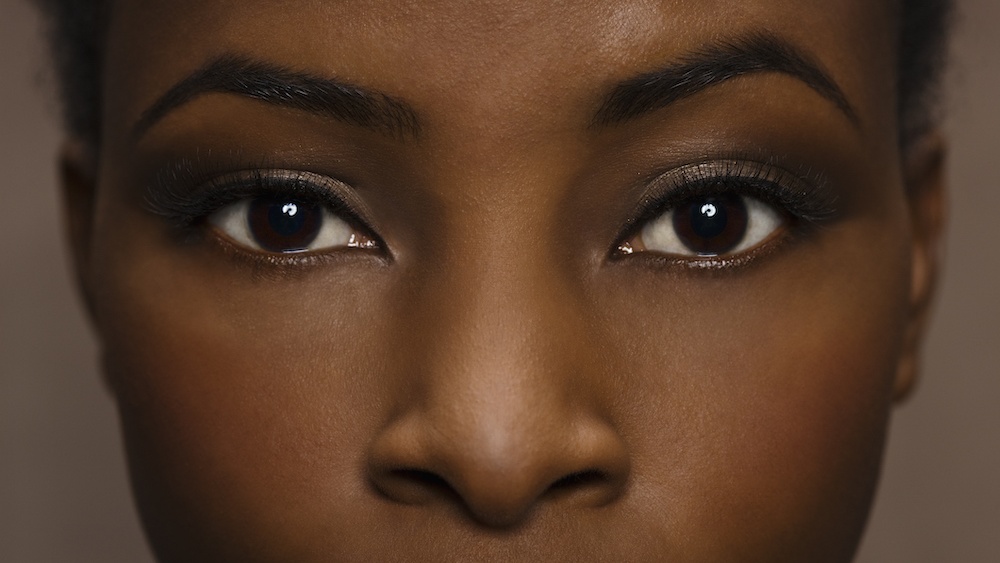If you’re interested in sharing your opinion on any cultural, political or personal topic, create an account here and check out our how-to post to learn more.
____
It’s October, so among other things, it’s Domestic Violence Awareness Month. According to the National Domestic Violence Hotline, one in four women and one in seven men age 18 and over have been the victim of severe physical violence by an intimate partner in their lifetime. LGBTQ+ folks face domestic violence at equal or higher rates than their cis-heterosexual counterparts. Domestic and intimate partner violence includes, but is not limited to, physical abuse, outing or threatening to out a person’s sexual orientation or gender identity, sexual assault, stalking, financial abuse, violence against pets, reproductive coercion and mental/emotional abuse.
When one looks at the impact of domestic and intimate partner violence specifically on Black women, the stats are alarming. According to a 2010 National Intimate Partner and Sexual Violence Survey, 44% of Black women were significantly more likely to have experienced rape, physical violence or stalking by an intimate partner in their lifetime.
Why are Black women impacted so heavily by domestic and intimate partner violence? Further, why don’t we talk about it? While there are many factors that contribute to this issue, when I think of domestic and intimate partner violence and its impact on Black women I can’t help but to go back to one idea that I hope people will one day grasp and live by: Black women are not rehabilitation centers for their partners.
Common tropes and ideas about Black women, including the matriarch, mammy and the strong Black woman, reinforces the idea of Black women naturally being teachers, mother figures and docile — able to mentally and physically endure literally anything. Don't get me wrong, in my opinion, Black women are the most creative and resilient people ever, but we are not superhuman. We are human.
White supremacy, patriarchy and misogyny go hand and hand to reinforce the subjugation of Black women, even in our intimate and romantic relationships.
I remember the viral video last year of Pastor John Gray discussing his marriage. In it, he stated the following about his wife, Aventer Gray: “[She] endured more pain birthing me than both of our children. She has sacrificed these last eight years, uncovering the painful areas of my manhood and covering the areas that could have exposed me.”
What?!
As a Black woman and a survivor we have to stop the narrative that Black women and other women of color are supposed to suffer first and reap the benefits of painless love later. It doesn’t work that way. If we continue to accept the narrative that pain in relationships that come in the form of constant infidelity, financial manipulation, and even mental and physical abuse is normal, then we will continue to see the Pastor John Grays of the world glorify blatant disrespect and justify it with false narratives about manhood and immaturity. We will continue to see Black women endure toxic relationships because we’ve communicated to them that it’s normal.
It’s not normal. It’s not normal that among all women, except Native women, Black women face higher rates of domestic violence. It’s not normal that we use ideas about manhood and religion to justify women of color going through hell first in their relationships in order to receive heaven later. It’s not normal that Black women and girls are socialized to be strong 100% of the time. It’s not normal that Black women experience the highest rates of homicide from intimate partners.
It’s not normal that in 2019 we still don’t talk about these issues enough — but we have to! We have to continue discussing not only domestic and intimate partner violence and its impact on Black women and other people of color, but also the toxic narratives and ideas we perpetuate in our communities.
From the alarming rates of violence against trans women of color to the harmful idea of the strong Black woman, it's all connected and the time is now to break the cycle. Our health and lives depend on it.
